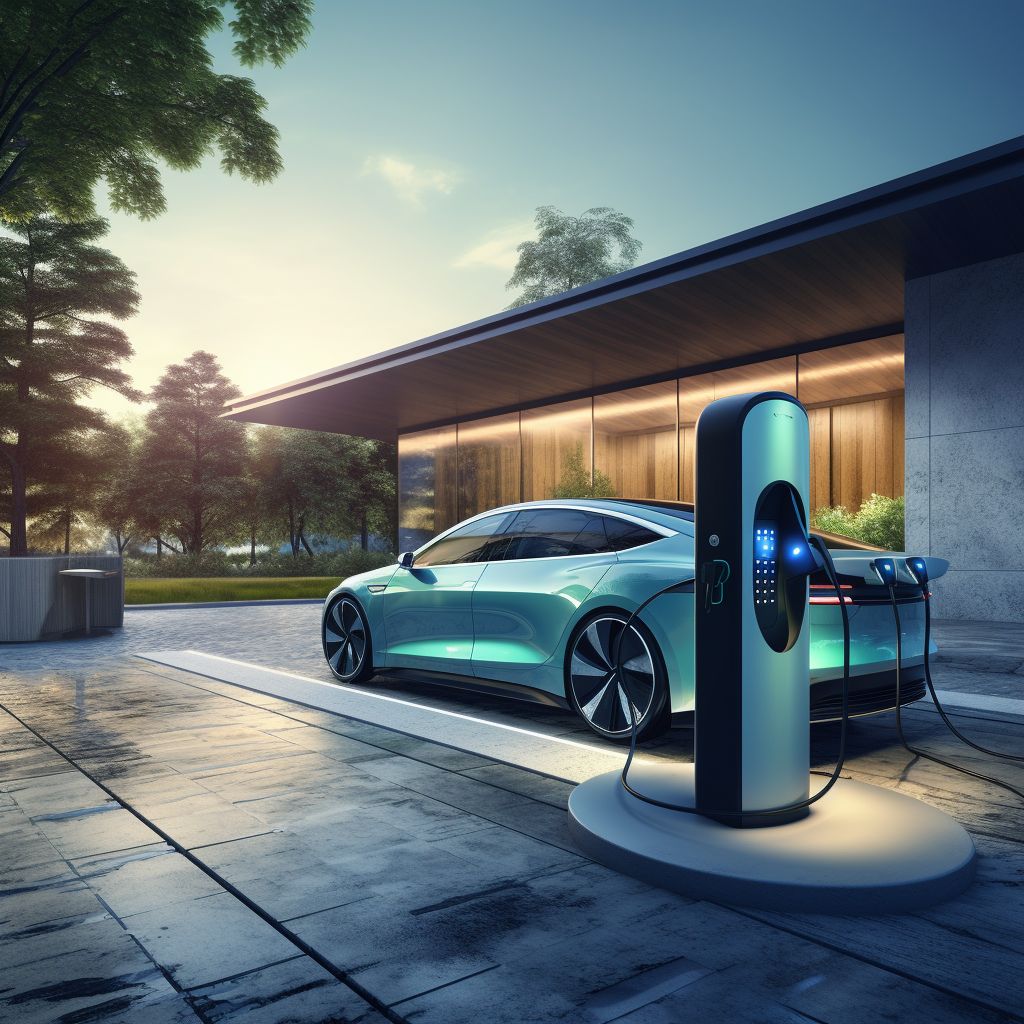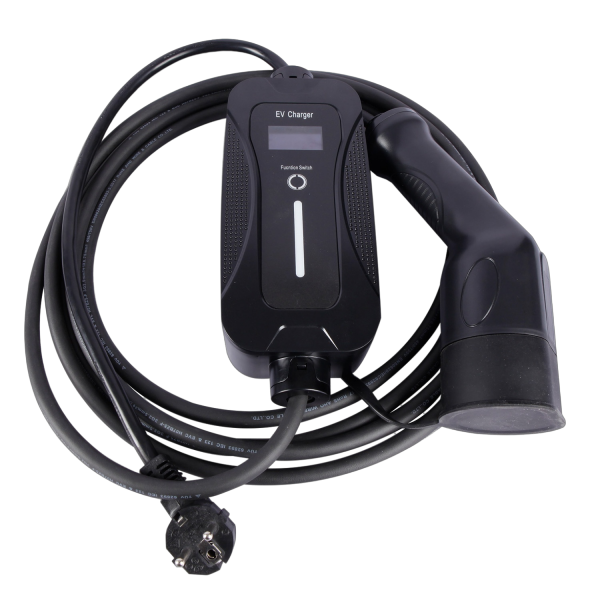Solar Charging System: Install solar photovoltaic panels to convert sunlight into electricity, which can then be used to charge your electric vehicle. This is a highly eco-friendly method that reduces carbon emissions and lowers the cost of charging.
Smart Charging Controller: Use a smart charging controller to optimize charging times based on electricity prices and grid load. This allows you to charge when electricity prices are lower, reducing charging costs and easing the burden on the grid.
High-Efficiency Charger: Choose a high-efficiency home electric vehicle charger to minimize energy wastage. High-efficiency chargers convert more energy into charging the vehicle’s battery, reducing energy losses.
Secondary Battery Utilization: If you have a solar or other renewable energy system at home, consider storing excess energy in your electric vehicle’s battery for later use. This maximizes the utilization of renewable energy.
Scheduled Charging: Plan your charging times to coincide with periods of lower electricity demand based on your driving schedule. This helps alleviate strain on the power grid.
Charging Equipment Maintenance: Ensure regular maintenance of your charging equipment to keep it operating efficiently, reducing energy waste and power loss.
Charging Data Monitoring: Use a charging data monitoring system to track real-time energy consumption during charging, allowing for adjustments to minimize energy waste.
Shared Charging Equipment: If your neighbors or community members also have electric vehicles, consider sharing charging equipment to reduce the need for redundant charging infrastructure and minimize resource waste.
End-of-Life Battery Handling: Properly dispose of or recycle electric vehicle batteries at the end of their lifespan to reduce environmental impact.
Education and Outreach: Educate household members on how to use electric vehicle charging equipment efficiently to minimize energy waste and environmental impact.
By implementing these methods, you can establish a more environmentally-friendly home electric vehicle charging solution that reduces your carbon footprint, lowers energy costs, and contributes to environmental sustainability.
EV Charger Car IEC 62196 Type 2 Standard
Post time: Sep-21-2023










